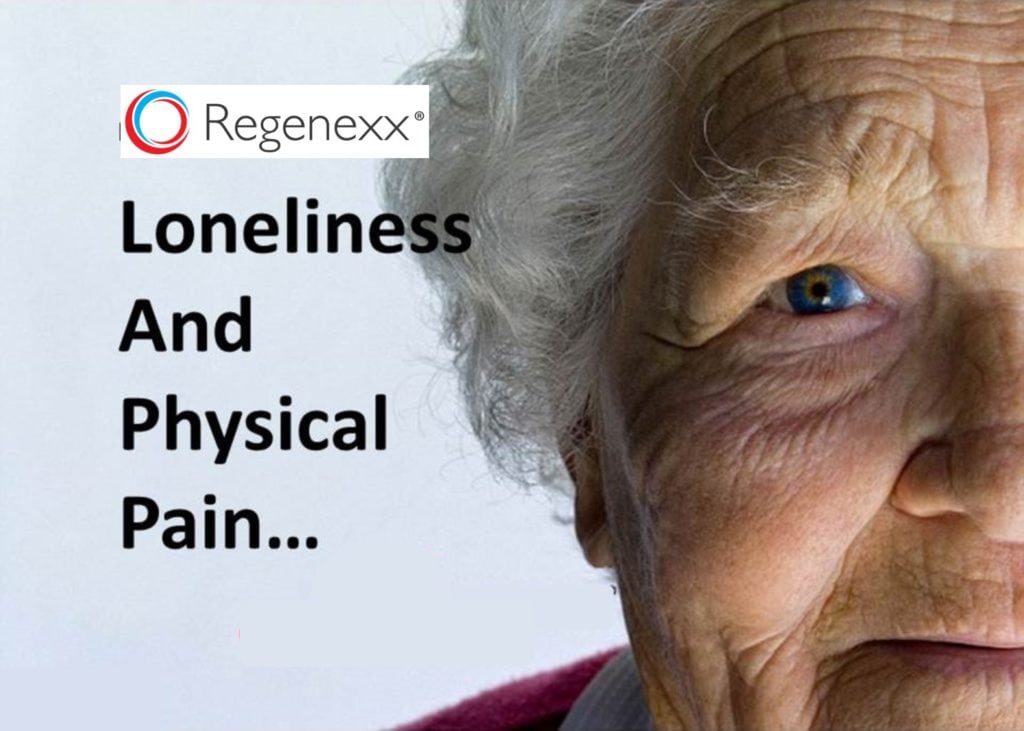Loneliness and Physical Pain…Connected?

Medical science is still very much in the beginning stages of understanding the connection between the mind and the body. This particular article is interesting because it discusses the concept that loneliness can be experienced as physical pain. The study by Naomi Eisenberger of UCLA, found that loneliness actually triggers activity in the same regions of the brain as physical pain. While that might seem a stretch, it does make sense from an epigenetic, evolutionary stand point as early humans relied on being part of a larger group for protection, food, and shelter…in other words their very survival. Therefore, being excluded from the group definitely signaled danger.
That type of danger signal in turn causes a whole series of biochemical events which affect the body in various profound and complicated ways. One of those changes in biochemistry is the over production of cortisol, the stress hormone, commonly associated with the “fight or flight” response. This emergency cortisol dump is designed to resolve through a negative feedback loop when the situation resolves. When not in danger, normal cortisol levels are highest in the morning, dropping at night. Its been found, however, that people experiencing loneliness have consistently abnormally high levels of cortisol which do not drop adequately at night causing sleep disturbances which in turn contribute to other health issues, especially in the elderly.
There are a whole host of studies which document the health risks of loneliness, which is a distinctly different thing than choosing to live alone. One such study done in Amsterdam in 2012 looked at 2,200 older adults experiencing loneliness and found that after adjusting for age and other factors, loneliness increased their risk of dementia by 64%. Yet another study studied 45,000 people and found that those finding themselves alone had a much higher risk of dying from heart attacks or strokes over a four year period than those who were not experiencing loneliness, and other studies have linked loneliness to dangerous levels of inflammation.
Medical science is far from understanding all of the ways in which the mind and body are connected in ways that are actionable. It is clear, however, that the feeling of being not included and valued, and disconnected called loneliness, is a very unhealthy thing. What can be done for people at risk? Experts say the best and most effective thing to do is the simplest: like the old AT&T commercial said…reach out to and touch someone.

If you have questions or comments about this blog post, please email us at [email protected]
NOTE: This blog post provides general information to help the reader better understand regenerative medicine, musculoskeletal health, and related subjects. All content provided in this blog, website, or any linked materials, including text, graphics, images, patient profiles, outcomes, and information, are not intended and should not be considered or used as a substitute for medical advice, diagnosis, or treatment. Please always consult with a professional and certified healthcare provider to discuss if a treatment is right for you.
